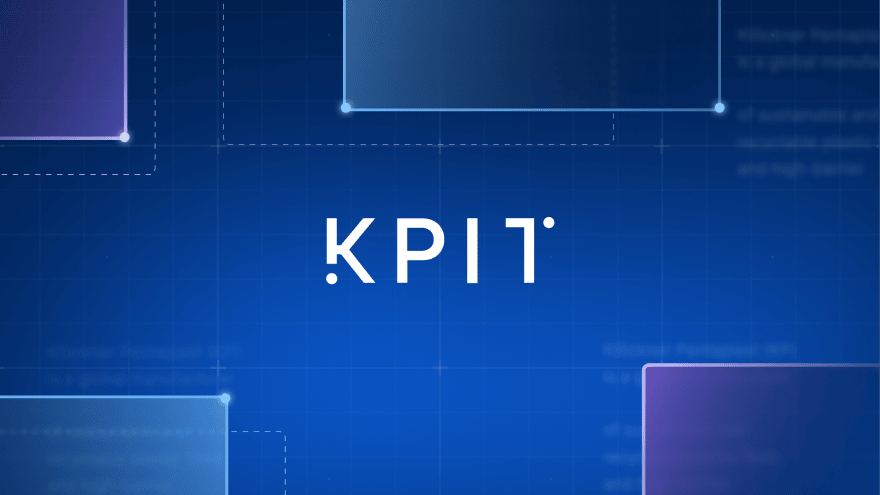Navigating AI-Driven Sales
The sales process has changed from using conventional techniques like cold calling and in-person encounters. AI is shaping today’s sales processes and is changing sales operations.
Early data analysis and automation systems laid the foundation for AI that enabled sales forecasting and lead scoring.
Due to improvements in ML algorithms, improved processing power, and the explosion of data sources, the true potential of AI in sales operations has emerged.
Predictive analytics, conversational AI, and even the automation of entire sales processes are examples of how it has developed to include increasingly complicated activities today.
Key Applications of AI-Driven Sales 2.0
AI applications are changing customer engagement, sales strategy, and decision-making. Here are areas where AI has a big impact:
1. Navigating AI-Driven Sales
AI-enabled predictive analytics can examine past client data to foresee future behavior – predicting which leads are likely to convert and which accounts may churn. Sales teams can anticipate client behavior, adjust their strategy, and engage with the parties.
AI may examine market trends, previous sales data, and external factors to accurately predict sales patterns. This enables companies to choose wisely when it comes to resource allocation, pricing tactics, and inventory management.
2. Sales Automation
Data entry, lead qualification, and follow-ups are time-consuming and repetitive that AI-driven automation can handle. Sales professionals can then concentrate on higher-value tasks like developing connections with prospects and closing agreements because of this freed up time.
Real-time lead quality evaluation is possible with AI-powered lead scoring systems. This guarantees that sales teams concentrate their efforts on prospects that have the best chance of becoming customers, leading to more effective and fruitful sales processes.
3. Personalization
AI can analyze customer data to provide individualized product recommendations, content, and marketing messages. This level of personalization enhances customer engagement and raises the chances of successful sales conversions.
Chatbots and AI-based virtual assistants may interact with customers in real time, answering questions, offering information, and leading them through the sales process. These interactions assist organizations provide 24-hour customer support lead capturing.
AI applications in sales operations are not restricted to these areas. Through intelligent analytics and communication tools, AI can also improve sales forecasting accuracy, optimize pricing tactics, and facilitate sales team collaboration.
How AI-Based Sales 2.0 Aids Sales Teams
AI’s benefits extend across all aspects of the sales process, contributing to increased efficiency, customer engagement, and overall profitability. Here are some of the primary advantages:
1. Increased Efficiency
- AI automates time-consuming and repetitive operations like report creation, lead qualification, and data entry allowing sales teams to focus on revenue-generation strategies.
- Real-time insights provided by AI-powered analytics help sales teams take quicker, data-driven decisions. In the hectic commercial world of today, adaptability is essential.
- Additionally, it is simpler for organizations to scale their sales operations as they grow since AI systems can handle massive volumes of data and consumer interactions.
2. Improved Customer Insights
- AI analyzes customer data to create personalized experiences and tailored product offerings and marketing messages so businesses can increase customer engagement and satisfaction.
- AI combines data from numerous sources to give a comprehensive picture of each customer. Sales teams benefit from having a greater understanding of consumer preferences and wants.
- With the help of AI-driven predictive analytics, companies can predict customer behavior and take advantage of opportunities and problems before they arise.
3. Enhanced Sales Team Productivity
- Sales teams may concentrate on leads with the highest potential for conversion thanks to AI-driven lead scoring. As a result, resources are used more effectively, and sales results are enhanced.The sales process is streamlined by automating repetitive processes and procedures, which also reduces human error and improves process consistency.
- AI helps sales teams be more effective by offering insightful data and content suggestions to support conversations with prospects and customers.
4. Competitive Advantage
- Businesses using AI are better able to base their decisions on data than on gut feeling. They can outwit rivals thanks to this tactical advantage.
- Businesses can quickly adjust to shifting market conditions and client preferences thanks to AI. Being flexible is essential for surviving in markets with intense competition.
- Businesses can promote loyalty and strengthen client connections by offering individualized and effective services in a time when customer loyalty is highly valued.
AI integration into sales operations is a strategic decision that can have a big influence on a company’s bottom line rather than just a technological advancement.
Conclusion
Emerging developments like hyper-personalization, conversational and voice AI, and sales forecasting promise to alter the sales landscape and the sales teams.
Businesses must invest in team training, emphasize data management and quality, and work with AI service providers to position themselves to succeed, remain flexible, and be competitive.
Draup for Sales is a sales intelligence platform that gives sales teams hyper-targeted account information and the ability to separate accounts and stakeholders using detailed and real-time data.
It enables sales teams to monitor the ecosystems of their prospects and customers across hundreds of criteria such as locations, technology, relationships, stakeholders, and talent.









.svg)

.svg)
.svg)
.svg)













.svg)





.svg)





.svg)
